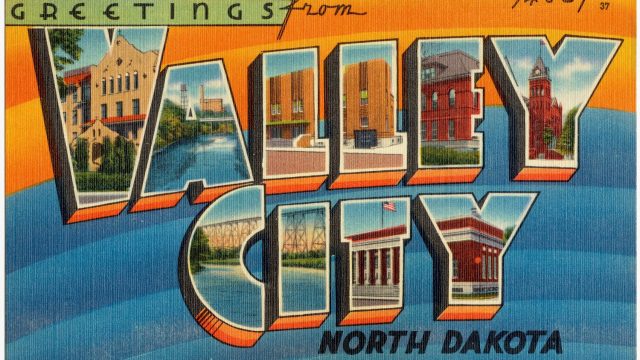Valley City Bans Citizen From Addressing City Council

I think the folks leading the City of Valley City need to look up what the term “prior restraint” means. According to this report in the Fargo Forum, a local citizen who wants to disband the city’s police department and fire the police chief immediately was prohibited from addressing the city council because of what he might have said.
Russell Myhre, the city attorney for Valley City, said officials were concerned that [Bob] Drake planned to level new allegations against Thompson, which could violate the police chief’s due process rights.
City Administrator David Schelkoph wrote Drake to explain the city’s position, including a memo from Myhre explaining the due process concerns, which give public employees the right to defend themselves when accused of improper conduct.
“It is my hope that you will see the necessity of protecting city employees from an unfair and unconstitutional process that does not give the accused proper legal protections,” Schelkoph wrote Drake. “Everyone is entitled to a fair and discrimination free work place.”
I’m not sure that I understand how preventing a citizen from voicing criticism of a public official is unconstitutional. Certainly Drake has no business slandering Valley City Police Chief Fred Thompson, who has been the subject of controversy after admitting to pointing a gun at and almost shooting a citizen. But you can’t restrain someone’s speech because of what government officials suppose that person might say.
That’s called prior restraint, and in America it’s generally unconstitutional with courts allowing exceptions only in instances where national security is a factor. In Near v. Minnesota, a case pertaining to a local newspaper gagged by state statute after publishing details about local corruption, the Supreme Court stated that “The preliminary freedom, by virtue of the very reason for its existence, does not depend, as this court has said, on proof of truth.”
In other words, whether or not what Mr. Drake has to say is true has no bearing on whether or not he is to be allowed to speak. If he says something untoward to the point of being illegal, that must be handled after the fact.
You could argue that the 1st amendment does not necessarily extend to a right to speak at a given city council meeting. In North Dakota law public meetings are required to be open to the public, but the public doesn’t necessarily have the right to speak. So by the letter of the law what the city council is doing here is probably legal. But in the spirit of the 1st amendment, elected officials banning a citizen from addressing the city council because he might say something they don’t like seems pretty awful.
And the excuse for it – that Chief Thompson is owed due process – is a weak one.




